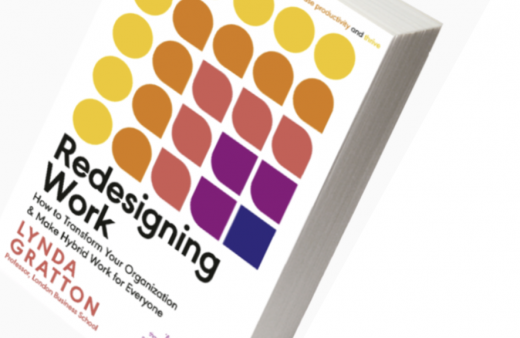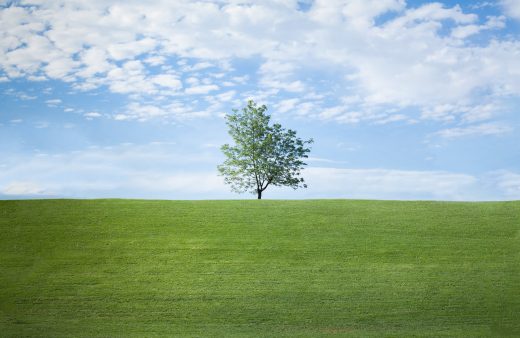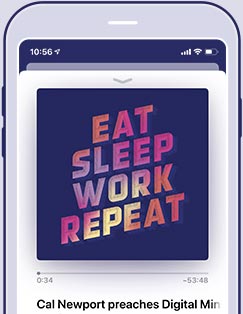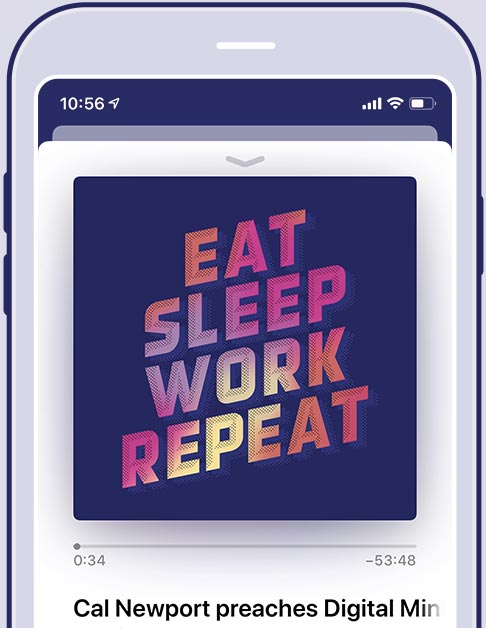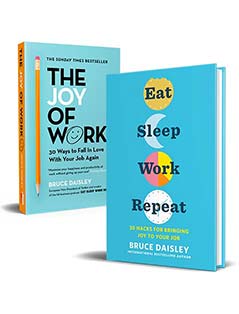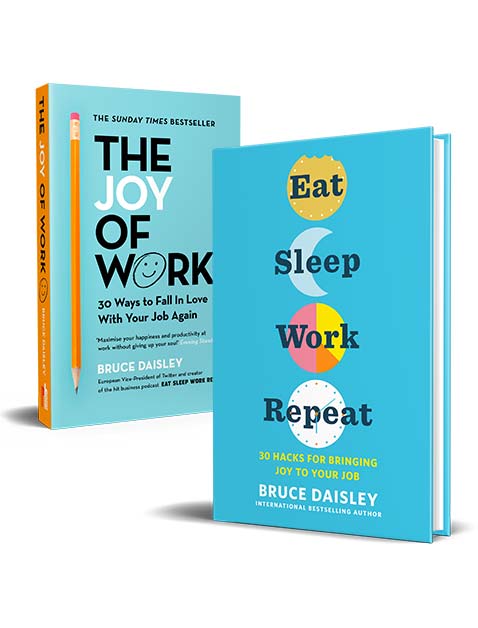Will loneliness kill remote work cultures?
Over the last few weeks the newsletters that have achieved the most resonance were related to having a friend at work. For many of us our favourite jobs were enhanced by having a desk buddy – or a group of friends we could laugh with. But for many people their experience of work is increasingly lonely – maybe they had friends when they were in the office but that experience has transformed in the last two years. Yes, we’ve managed to get our jobs done, maybe our domestic life has even improved but work just feels a little more isolated and joyless.
How big an issue is this for us? Noreena Hertz is here to persuade you this silent spread of loneliness has wide reaching consequences, both for our organisations and for our societies.
In a brilliant and wide-ranging discussion we discuss why loneliness matters and what any of us should be thinking about to make our experience of work more complete. If you enjoyed this then this week’s newsletter covers adjacent themes: sign up here
Photo by Lowie Vanhoutte on Unsplash
Below are my notes from reading Noreena’s book – included because they include some of the best stats and research.
From ‘if you build it they will come’ to ‘if they build it they will stay’
P3 even before COVID ‘three in five US adults considered themselves lonely’
P5 ‘In the UK, two-fifths of all older people reported in 2014 that television was their main company’.
P6 ‘In the US, slightly more than one in five millennials say they have no friends at all. In the UK, three in five 18- to 34-year olds and nearly half of children aged between 10 and 15 say they lonely often or sometimes’.
‘A third of UK employees who feel lonely at work have never told anyone’.
P10 ‘Meanwhile, a 2020 survey of over 10,000 Americans established that Black and Hispanic people feel lonelier at work than their white peers and also significantly more alienated’.
P12 CEO pay gap: ‘In the US, in 1989 CEOs earned on average fifty-eight times the average worker’s salary, but by 2018 they made 278 times as much’.
P17 ‘If you are lonely, you have a 29% higher risk of coronary heart disease, a 32% higher risk of stroke and a 64% higher risk of developing clinical dementia. If you are lonely and social isolalated you are almost 30% more likely to die prematurely than if you are not’.
P18 ‘When a team at John Hopkins University in Baltimore ran a study in the 1960s and 70s that tracked young medical students for sixteen years, the subject group showed a revealing patterns: the students whose childhoods had been lonely, their parents cold and aloof, were more likely to have developed various cancers later in life’.
2010 study found that people who even had a time bounded period of loneliness saw their life expectancy reduced.
P21 stories of communities that had much higher survival rate (lower death rate)
P27 ‘A 2012 study of over 7000 adults in England concluded that those with depression were over ten times more likely to be lonely that those who were not depressed.’
https://link.springer.com/article/10.1007%2Fs00127-012-0515-8
P34
Lonelier siblings see their neighbourhood as more hostile. ‘[T]he lonely mind, anxious and hyper-alert, operates in terms of self-preservation, scanning the surroundings for threats’
P35 Lonely people are more prone to be attracted by populism (‘By ‘populists’ I mean politicians who explicitly pit the ‘people’ who they claim not only to represent but also to be uniquely capable of so doing, against an economic, political or cultural ‘elite’ that they typically demonise’.
BD: Qanon most certainly appealed to lonely people
P37 Hannah Arendt believed that the origins of totalitarianism lay in loneliness. Totalitarianism: ‘based itself on loneliness… which is among the most radical and desperate experiences of man’.
P38 Arendt: Loneliness or “the experience of not belonging to the world at all” is “the essence of totalitarian government, preparation of its executioners and victims”.
P39 “a major driver for why so many people have voted for populist leaders in recent years – and right wing populists in particular- is loneliness “.
Trump voters were significantly less likely to say they would turn to others for help, but rather “I just rely on myself”
P40 Trump primary voters were twice as likely as Ted Cruz voters to say they had never participated in sports’ teams, book clubs or parent-teacher organisations”.
Carl Jung: “loneliness does not come from having no people about one, but from being unable to communicate the things that seem important to oneself, or from holding views which others find inadmissible”.
56% of Londoners said they were lonely pre-pandemic
P63 Gillian Sandstrom’s Talking to Strangers research
Research on Minimal Social Interactions | Gillian M. Sandstrom
Half group told to talk to barista, half told not to. Those who talked reported feeling happier than those who didn’t.
P122 40% of UK workers say they are lonely at work
P123 One survey said ‘once loneliness is an established sentiment… you actually become less approachable. You don’t listen as well. You become more self-focused. All sorts of things happen that make you less of a desirable interaction partner to other people.’
P134 Post traumatic stress disorder is higher amongst those who don’t have social support from those around them https://www.ncbi.nlm.nih.gov/pmc/articles/PMC2722782/?_escaped_fragment_=po=1.52439
Firefighters who cooked together and ate together ‘performed twice as well’ as those who didn’t
WeWork sees a lot of people from neighbour companies reporting an increase in wellbeing
Photo by Lowie Vanhoutte on Unsplash



